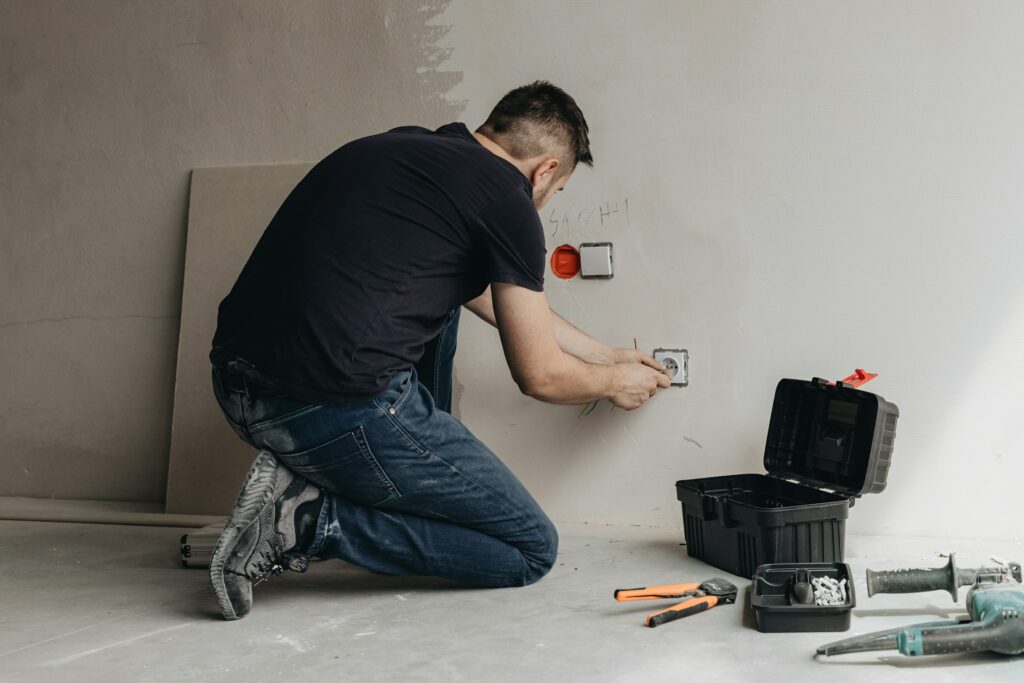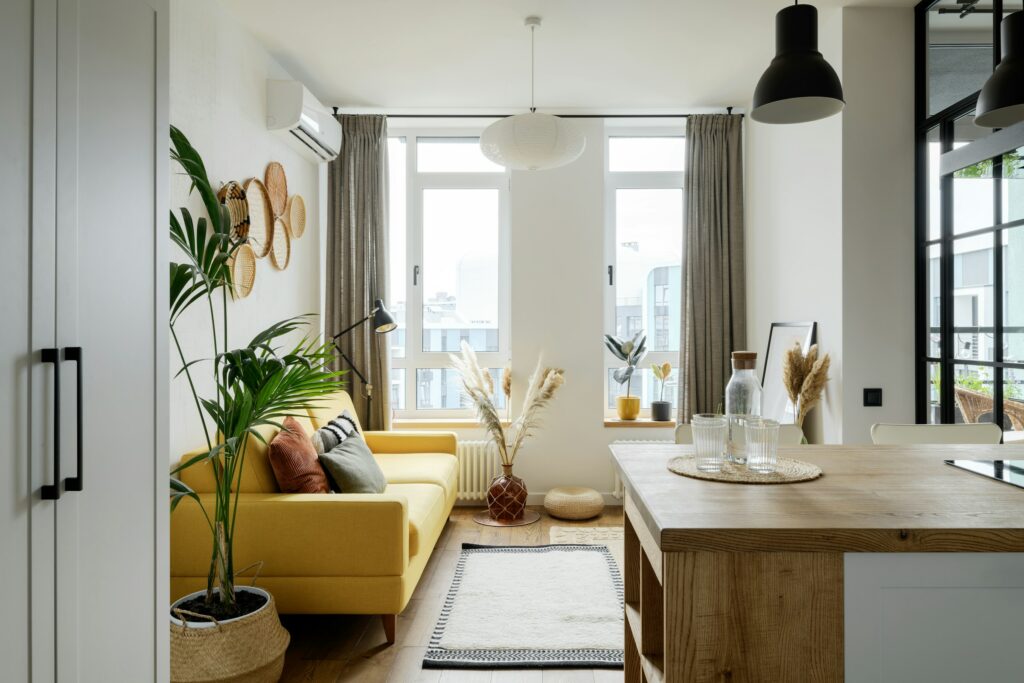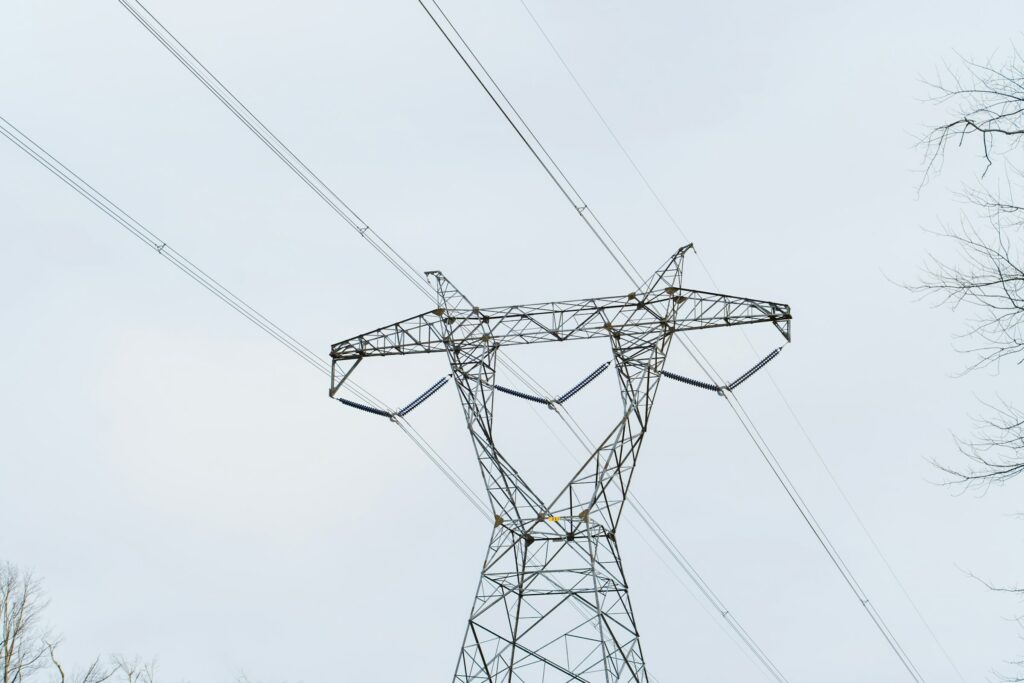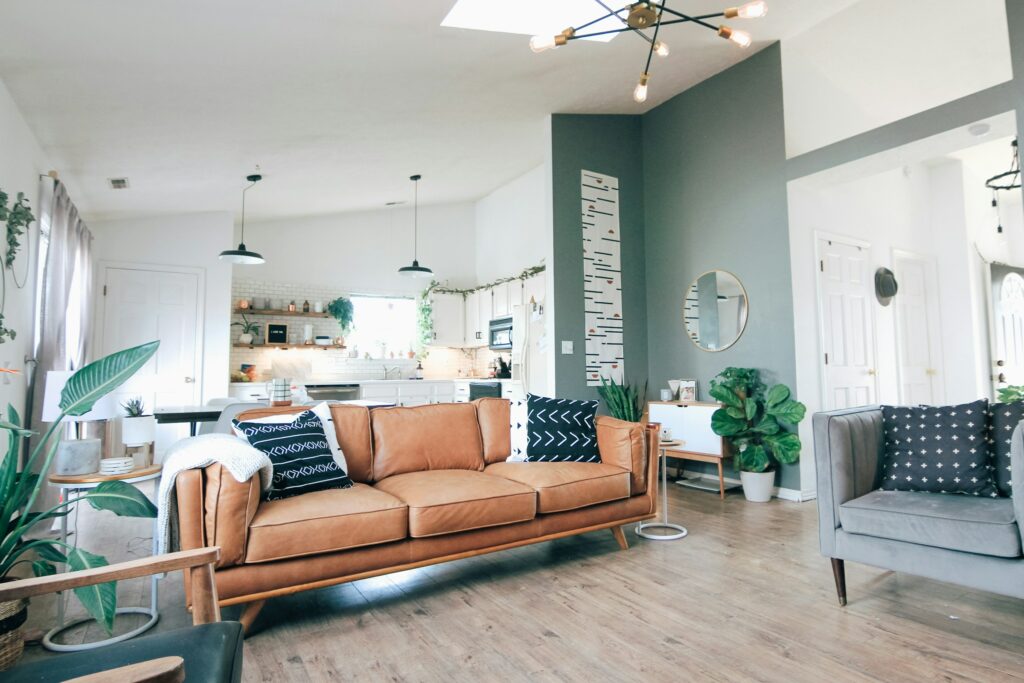Does the thought of your home renovation budgeting feel overwhelming? Your mind may be buzzing with exciting design ideas, but when it comes time to crunch the numbers, you may feel a little lost. Fret not! This comprehensive guide will walk you through the process of creating an effective renovation budget, sharing essential tips and common budgeting pitfalls to avoid. Let’s get started.
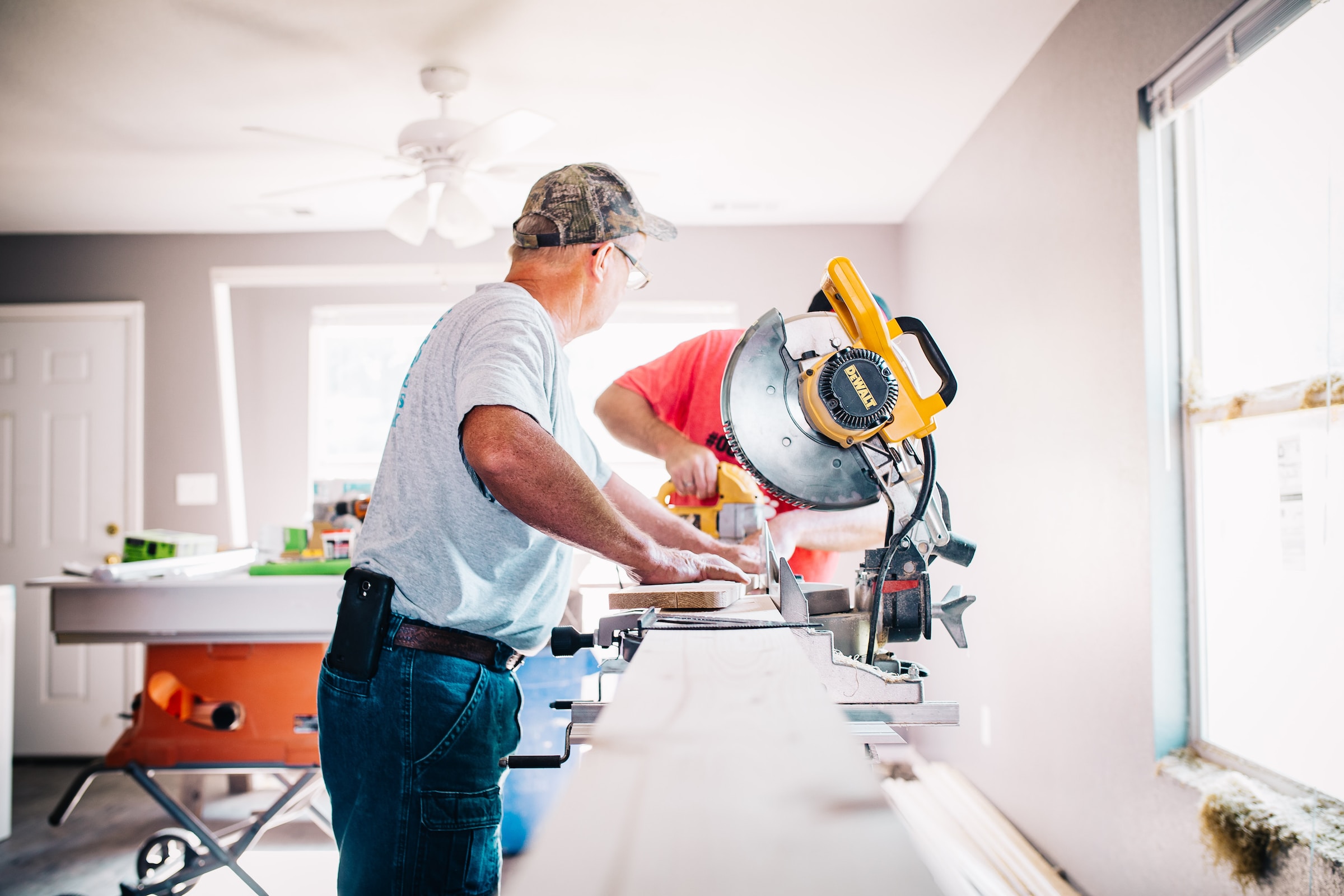
Why Your Home Renovation Budgeting is Important
Simply put, budgeting allows you to understand your money, where it’s going, and how you can better manage it. For home renovations, a sound budget keeps your spending in check to prevent running out of funds halfway through the project.
Key Components of a Home Renovation Budget
When devising a renovation budget, there are a few key components to keep in mind:
- Labour Costs: The professionals you hire will constitute a major portion of your budget. From architects to electricians, every person’s expertise comes at a cost.
Material Costs: Materials can range significantly in price, influenced by factors like quality, demand, and where you source them.
Contingency Fund: This is a lifesaver when unexpected costs arise. As a rule of thumb, allocate about 20% of your total budget for contingencies.
Professional Fees: Besides labour costs, don’t forget legal fees, permission costs, and other professional services.
Decoration and Finishing: This includes interior design, painting, and furnishings.
Common Budgeting Mistakes and How to Prevent Them
In the excitement of revamping our homes, we can sometimes make budgeting errors, several of which are detailed below with corrective actions:
Underestimating Costs: Often, homeowners underestimate the costs associated with renovations. Avoid this by getting multiple quotes and carrying out thorough research to ensure accurate estimates.
- Not Accounting for Unexpected Costs: Unforeseen expenses will pop up. Prepare by including a contingency fund in your budget.
- Over-investment: While it’s tempting to go for that premium marble worktop, be careful not to over-invest in features that won’t significantly increase your property’s resale value.
Remember, knowledge is power. Having a grip on these key renovation budget areas and common mistakes can help prevent financial pitfalls and keep your project on track.
Frequently Asked Questions:
Why is budgeting vital for my home renovation project?
Budgeting is crucial to managing your finances efficiently for a home renovation project. It helps you understand the total amount of money you have and where it is being utilised, ensuring you don’t run out of funds halfway through the project. It also enables you to allocate funds for unexpected costs, thus preventing financial stress in such scenarios.
How much of my budget should I allocate to unexpected costs?
Allocate about 20% of your total budget for unexpected costs or contingencies. This can cover any unforeseen expenses that arise during the renovation process, ensuring you are well-prepared and can prevent financial stress.
Conclusion
Home renovation, although exciting, can be daunting when it comes to budgeting. But with careful planning, research, and a few nuggets of insider knowledge (like understanding common mistakes to avoid), the process becomes considerably more straightforward. Take one step at a time, keep an eye on potential financial pitfalls, and soon your dream home will be within reach without breaking the bank.
This guide to Budgeting 101 for Home Renovations isn’t just to inform, but to empower you to make accurate financial decisions for your DIY projects. Happy renovating!






